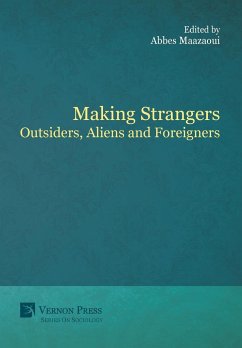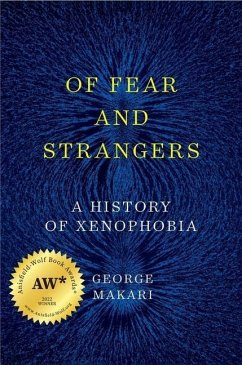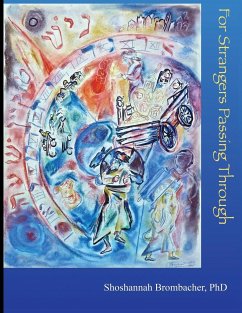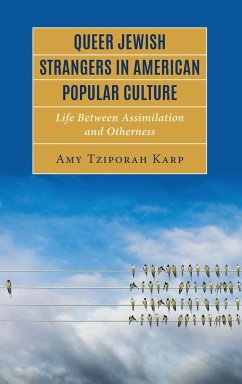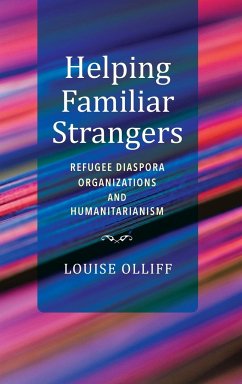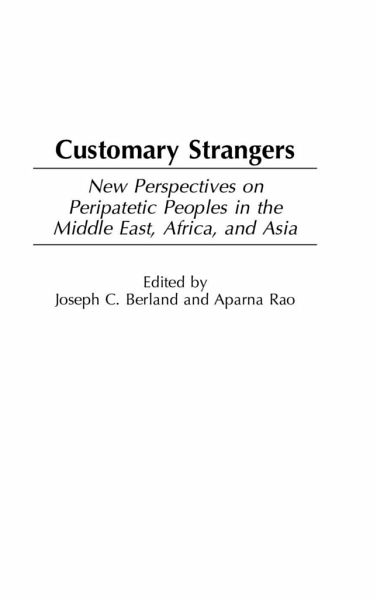
Customary Strangers
New Perspectives on Peripatetic Peoples in the Middle East, Africa, and Asia
Herausgeber: Berland, Joseph; Rao, Aparna

PAYBACK Punkte
44 °P sammeln!
Social scientists have generally remained impervious to a major economic and cultural adaptation-namely, the peripatetic lifestyle-although this adaptation has been an integral part of developments within the socioeconomic and cultural networks that social scientists study. This lack of interest derives perhaps from the ambiguous integration of peripatetics into these networks as well as the often negatively charged constructs -Gypsies, outsiders, or marginal others-imposed on peripatetics by dominant cultures. As peddlers of the strange to borrow a phrase from Clifford Geertz, peripatetics ar...
Social scientists have generally remained impervious to a major economic and cultural adaptation-namely, the peripatetic lifestyle-although this adaptation has been an integral part of developments within the socioeconomic and cultural networks that social scientists study. This lack of interest derives perhaps from the ambiguous integration of peripatetics into these networks as well as the often negatively charged constructs -Gypsies, outsiders, or marginal others-imposed on peripatetics by dominant cultures. As peddlers of the strange to borrow a phrase from Clifford Geertz, peripatetics are situated at the fringes of their host societies and many students of the social ecological and behavioral sciences still continue to overlook the roles of peripatetic peoples. This collection presents the latest in cross-cultural comparative research on the nature of peripatetic peoples. Contributors examine the place of peripatetic peoples in the everyday lives and diverse cognitive maps of client communities. Relying on Georg Simmel's construct of The Stranger, the contributors to this volume suggest that peripatetic peoples are simultaneously outsiders and insiders, but most important, they are entrepreneurial middlemen traders par excellence. All told, the essays provoke vital reassessments of the anthropological focus on the role and status of cultural brokers and go-betweens in political, economic, and social interactions.





